Chemotherapy is a popular and effective treatment method for cancer patients. Let’s explore this method in detail in the following article.
1 What is Chemotherapy?
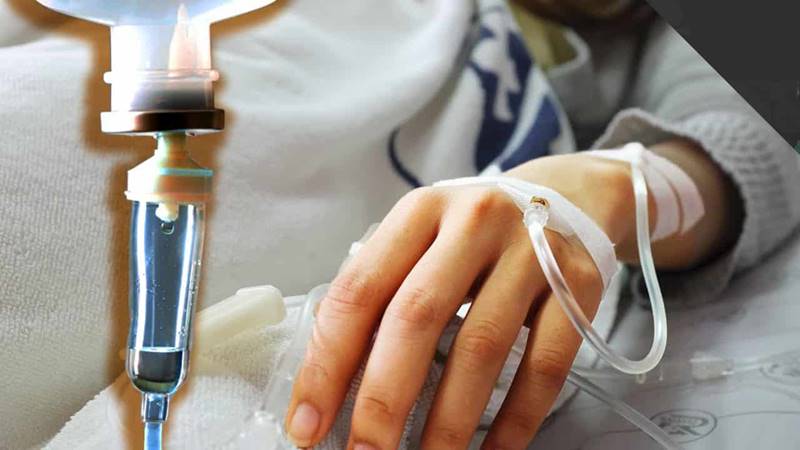 What is Chemotherapy?
What is Chemotherapy?
Chemotherapy is a cancer treatment method that involves administering cancer-fighting drugs into the body. This approach utilizes specific medications to destroy cancer cells and prevent their growth and division within the body.
2 Benefits of Chemotherapy for Cancer Treatment
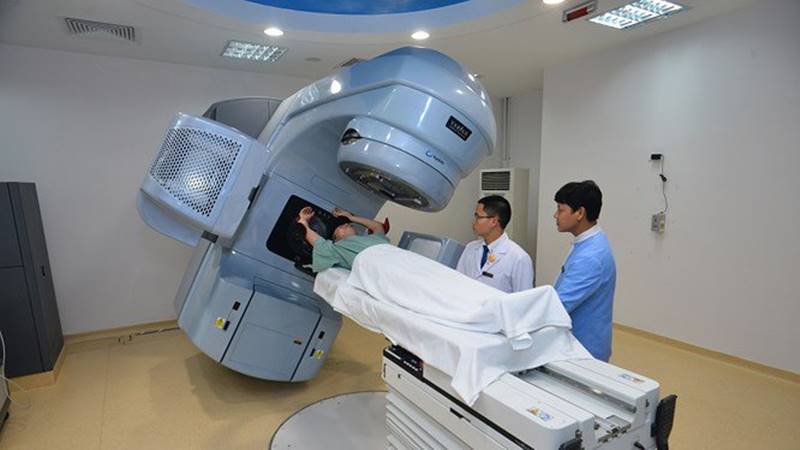 Benefits of Chemotherapy for Cancer Treatment
Benefits of Chemotherapy for Cancer Treatment
According to Dr. Nguyen Thanh Trung (Tam Anh General Hospital), chemotherapy for cancer treatment offers the following advantages:
- Prevents the division and spread of cancer cells within the body while destroying them.
- Directly targets cancer cells, helping to reduce tumor size and supporting other treatment methods.
- Reduces pain and discomfort compared to conventional methods, thereby improving quality of life.
3 When is Chemotherapy Indicated?
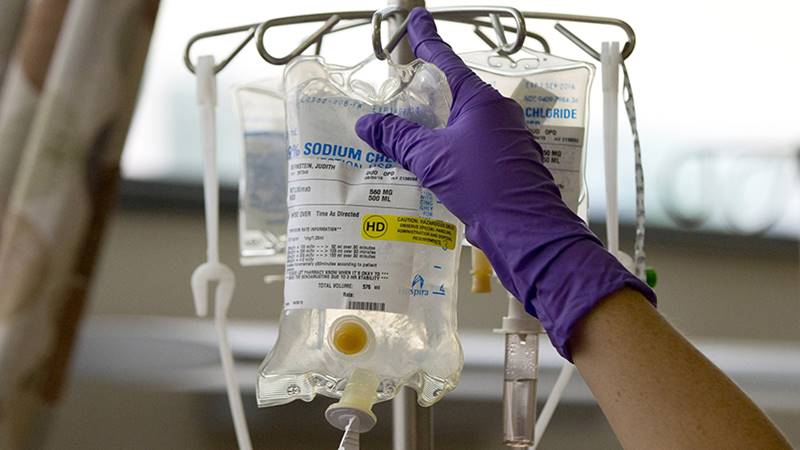 When is Chemotherapy Indicated?
When is Chemotherapy Indicated?
Chemotherapy can be used as a standalone treatment or in combination with other methods to comprehensively eradicate cancer cells. Sometimes, chemotherapy may be employed to shrink tumors before surgery or radiation therapy, or to eliminate any remaining cancer cells after surgery.
4 Advantages and Disadvantages of Chemotherapy for Cancer
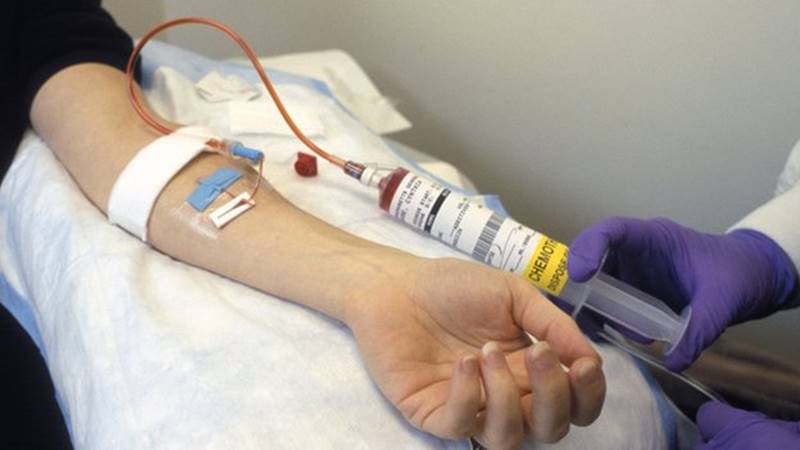 Advantages and Disadvantages of Chemotherapy for Cancer
Advantages and Disadvantages of Chemotherapy for Cancer
Advantages:
Chemotherapy can destroy and slow the growth of tumors, preventing them from dividing and invading other parts of the body.
Disadvantages:
Since chemotherapy affects all cells, it may impact healthy cells in addition to cancer cells.
5 Common Chemotherapy Methods for Cancer Treatment
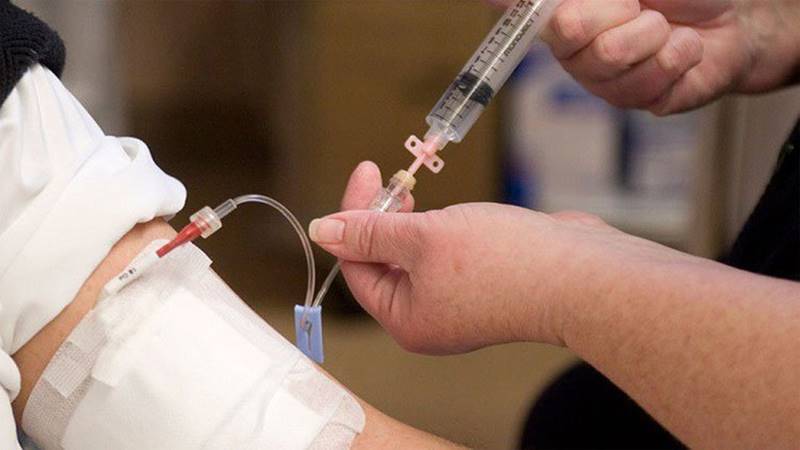 Common Chemotherapy Methods for Cancer Treatment
Common Chemotherapy Methods for Cancer Treatment
Oral Chemotherapy
Oral chemotherapy involves taking medications in the form of pills, liquids, or capsules.
Subcutaneous Chemotherapy
Subcutaneous chemotherapy delivers liquid medications via injection just below the skin. This method is suitable for patients with low platelet counts as it minimizes bleeding compared to intramuscular or subcutaneous injections.
Intravenous Chemotherapy
Intravenous chemotherapy involves injecting appropriate medications into the patient’s vein to achieve the highest effectiveness in destroying and treating cancer cells.
Intramuscular Chemotherapy
In this method, doctors use a large needle to inject the medication deep into the muscle, allowing for deeper absorption. However, the absorption rate is slower compared to intravenous or intra-arterial injections.
Intra-arterial Chemotherapy
Intra-arterial chemotherapy delivers drugs directly to tumors through the arteries, which are the main blood vessels supplying blood from the heart to the body.
6 Side Effects of Chemotherapy for Cancer Treatment
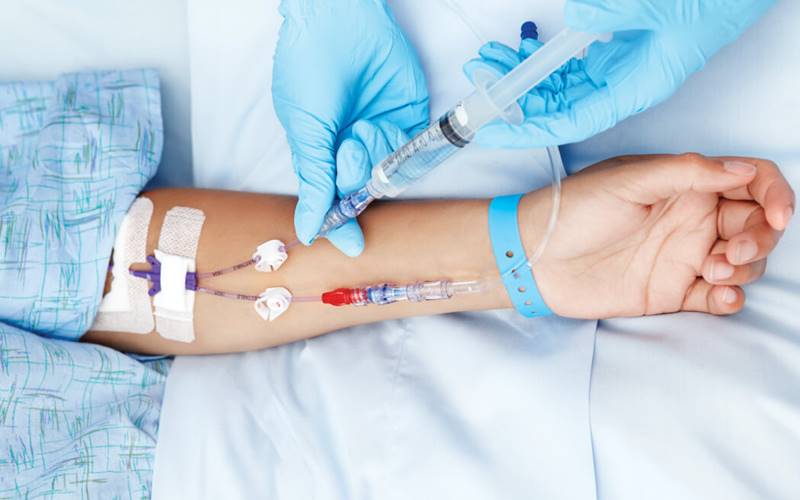 Side Effects of Chemotherapy for Cancer Treatment
Side Effects of Chemotherapy for Cancer Treatment
Reduction in Red Blood Cells, Platelets, and White Blood Cells: One common side effect of chemotherapy is the impact on healthy cells. As a result, the counts of red blood cells, platelets, and white blood cells can decrease significantly.
Hair Loss and Skin Darkening: Skin and hair are also susceptible to the effects of chemotherapy. Patients may experience hair loss and skin darkening.
Loss of Appetite, Nausea, and Vomiting: Chemotherapy patients may experience loss of appetite, nausea, and discomfort. It is recommended to divide daily meals into smaller portions and eat only enough to feel satisfied.
Diarrhea: In addition to loss of appetite and nausea, patients may also experience diarrhea and dehydration. It is important to consume mild and nutritious foods such as porridge or soup.
Mouth Ulcers: Maintaining good oral hygiene is crucial to protect against mouth ulcers and infections caused by the side effects of chemotherapy drugs.
7 Important Considerations During Chemotherapy for Cancer Treatment
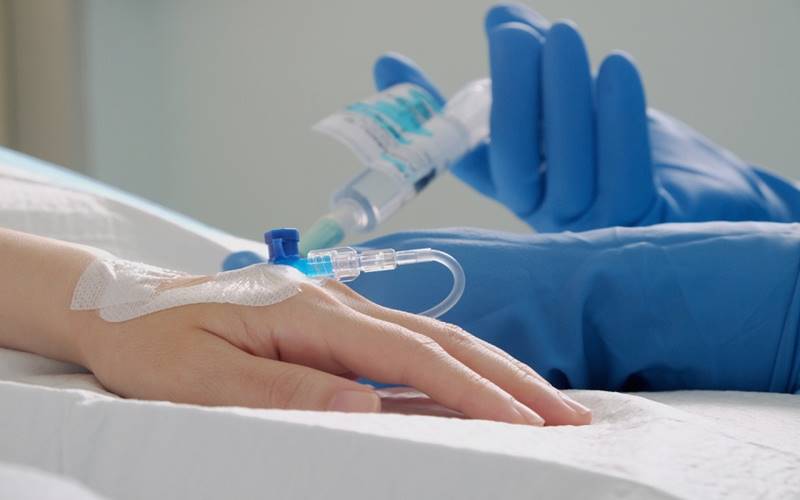 Important Considerations During Chemotherapy for Cancer Treatment
Important Considerations During Chemotherapy for Cancer Treatment
When undergoing chemotherapy for cancer treatment, keep the following in mind for optimal results:
8 Related Questions
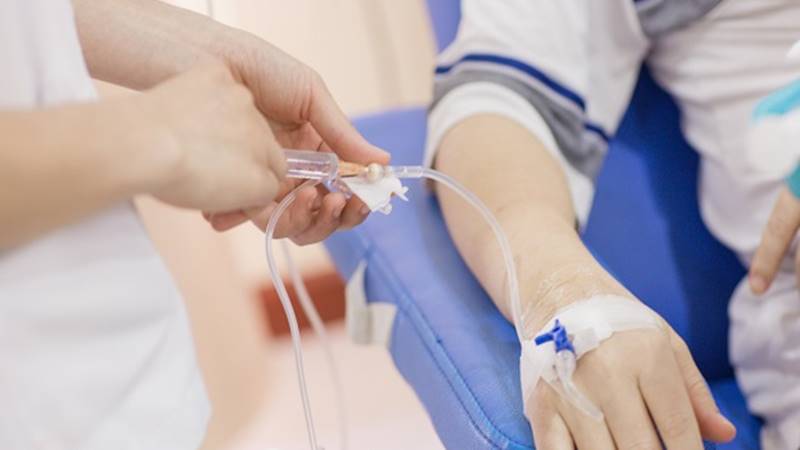 Related Questions
Related Questions
How long does a chemotherapy regimen for cancer last? Is it painful?
According to Dr. Nguyen Thanh Trung, a chemotherapy regimen for cancer typically involves cycles of treatment and rest periods to allow the body to regenerate healthy cells. As chemotherapy drugs act on the body, patients may experience fatigue and pain during the initial stages.
What should I prepare before undergoing chemotherapy?
Before starting a chemotherapy regimen, cancer patients should consider the following:
- Strictly adhere to the treatment plan and timeline provided by the doctor. This is important to enable the body to produce new cells to replace those damaged by the chemotherapy drugs.
- Consult the doctor about any dietary restrictions to ensure a suitable and nutritious diet during treatment.
How to care for a cancer patient undergoing chemotherapy?
- Provide emotional support and encouragement to help them stay motivated in their fight against the disease.
- As chemotherapy can cause fatigue and loss of appetite, offer a diverse range of meals to stimulate their appetite.
- Maintain a clean and well-ventilated environment to reduce the risk of infection for the patient.
This article has provided comprehensive information about chemotherapy as an effective cancer treatment method. While chemotherapy is a powerful tool, it is important to strictly follow the prescribed procedures and protocols to achieve the best outcomes.
Source: tamanhhospital.vn

































